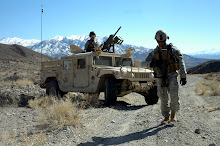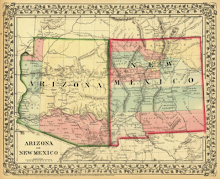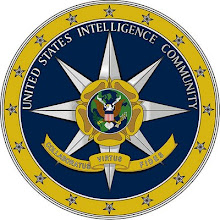By Steve Hammons
(This article was posted 4/17/15 on the CultureReady blog of the U.S. Defense Language and National Security Education Office.)
Back in 2009, news reports explained that a U.S. intelligence operative in Afghanistan had provided Viagra to an older tribal and community leader who had several younger wives. The story triggered humor, concern and insight about working closely with indigenous populations in Afghanistan elsewhere.
This case shows us that interacting with indigenous people – so that they may consider being friends of Americans instead of enemies – can be approached in various ways, conventional and unconventional.
Much discussion about soft power, hard power and smart power (the appropriate mix of hard power, soft power and other approaches) focuses on macro elements such as U.S. government international policies, diplomacy and military activities.
However, in the micro experience of troops, "human terrain" personnel and intelligence operatives on the ground, a different set of situation-awareness considerations may come into play. Merging hard power and soft power in a seamless way into smart power is a different matter when dealing face to face with communities, community leaders, tribes, families, parents and children.
Communicating with other people can be challenging, especially when there are language and cultural obstacles, as well as dangerous environments. To reach people, sometimes nonverbal communication and behavior speak volumes.
In addition, we are learning that the psychology, beliefs, perception and emotions that affect behavior are being re-evaluated in certain leading-edge research.
What goes on in the human mind and human heart remain mysterious in important ways.
Awareness and perception can include emotions, thoughts, dreams, beliefs, personal relationships, social networks, cultural influences, education, information acquisition, imagination, creativity, mental health and similar kinds of characteristics.
SHARED PERCEPTIONS
In these scenarios, people often believe that through prayer, good deeds or other methods (even warfare), a personal connection with a higher power can be established and enhanced. In other words, it is believed in many cultures that our individual and group awareness or consciousness can achieve a connection with a higher power, or at least some elements of it.
Whether we consider the macro level of international relations or the micro level of boots on the ground in faraway places, human perception and enhanced situation awareness appear to be worthwhile areas of focus.

























































































































































































